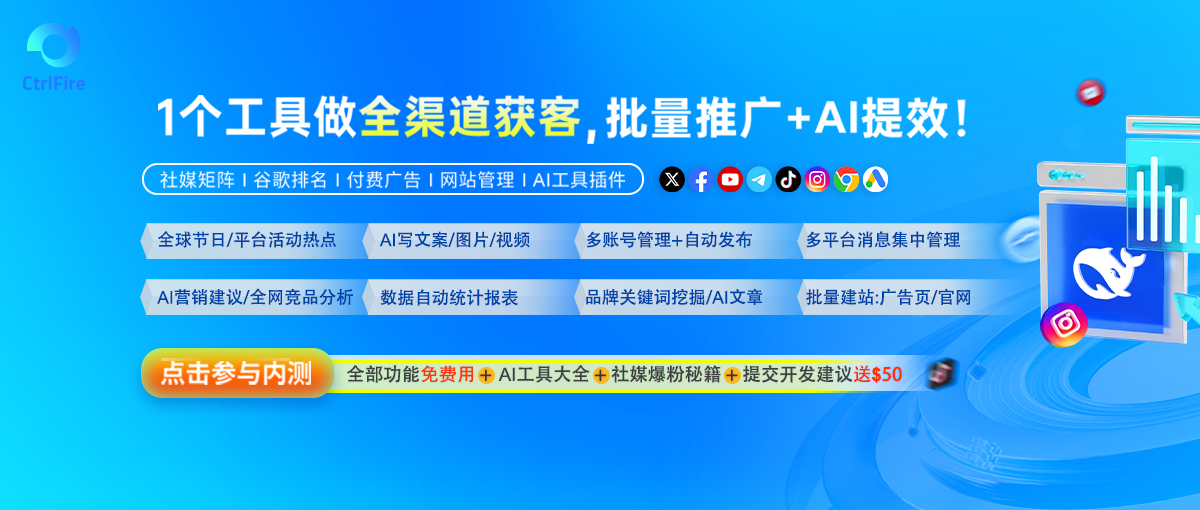LinkedIn多开账户浏览器:职场人士的多账号管理方案
admin 默认分类 57
LinkedIn多开账户浏览器:职场人士的多账号管理方案
最近发现身边不少朋友都在悄悄运营多个LinkedIn账号,有的用来拓展海外业务,有的专门维护行业人脉。作为一个常年混迹职场的"老油条",今天就来聊聊这个既实用又有趣的话题。
记得上周和做外贸的Lily喝咖啡,她神秘兮兮地掏出两部手机:"你看,这个账号专门联系欧美客户,那个用来开发东南亚市场。"看着她熟练切换账号的样子,我突然意识到,原来多账号运营已经成为职场人士的刚需了。
为什么需要多账号管理?
在全球化职场环境中,多账号策略确实能带来不少优势:
- 市场细分:不同地区的客户关注点差异很大
- 风险分散:避免因单账号异常影响全部业务
- 专业形象:技术岗和商务岗需要不同人设
不过手动切换账号实在太麻烦了!我见过最夸张的是王总监,他办公桌上摆着五部手机,活像个手机专卖店。直到有天他神秘地给我展示了一个叫Multilogin的软件,这才打开了新世界的大门。
专业工具推荐
经过实测,这几款工具确实能提升工作效率:
| 工具名称 | 核心功能 | 适合场景 |
|---|---|---|
| Multilogin | 浏览器指纹隔离 | 需要高度匿名的场景 |
| AdsPower | 团队协作管理 | 多人运营同一批账号 |
| VMLogin | 自动化脚本 | 需要批量操作的业务 |
上周用AdsPower帮客户管理20个LinkedIn账号,原本需要3小时的工作,现在30分钟就能搞定。不过要提醒的是,使用这类工具一定要遵守平台规则,千万别用来做违规操作哦!
实用小技巧
结合这几年踩过的坑,分享几个干货建议:
- 每个账号最好使用独立的支付方式
- 不同账号的登录设备要固定
- 内容发布时间要错开
- 定期清理缓存和cookie
最近发现个有趣的现象:很多HR也开始用多账号来挖人。有个做猎头的朋友告诉我,他们公司给每个顾问配了3个LinkedIn账号,分别用来接触不同层级的候选人。
说到底,工具只是工具,关键还是看怎么用。就像我常说的:"技术让工作更简单,但人情让职场更温暖"。在享受科技便利的同时,别忘了保持真实的职场社交本质。
你们有没有什么有趣的多账号管理经验?欢迎在评论区分享~
